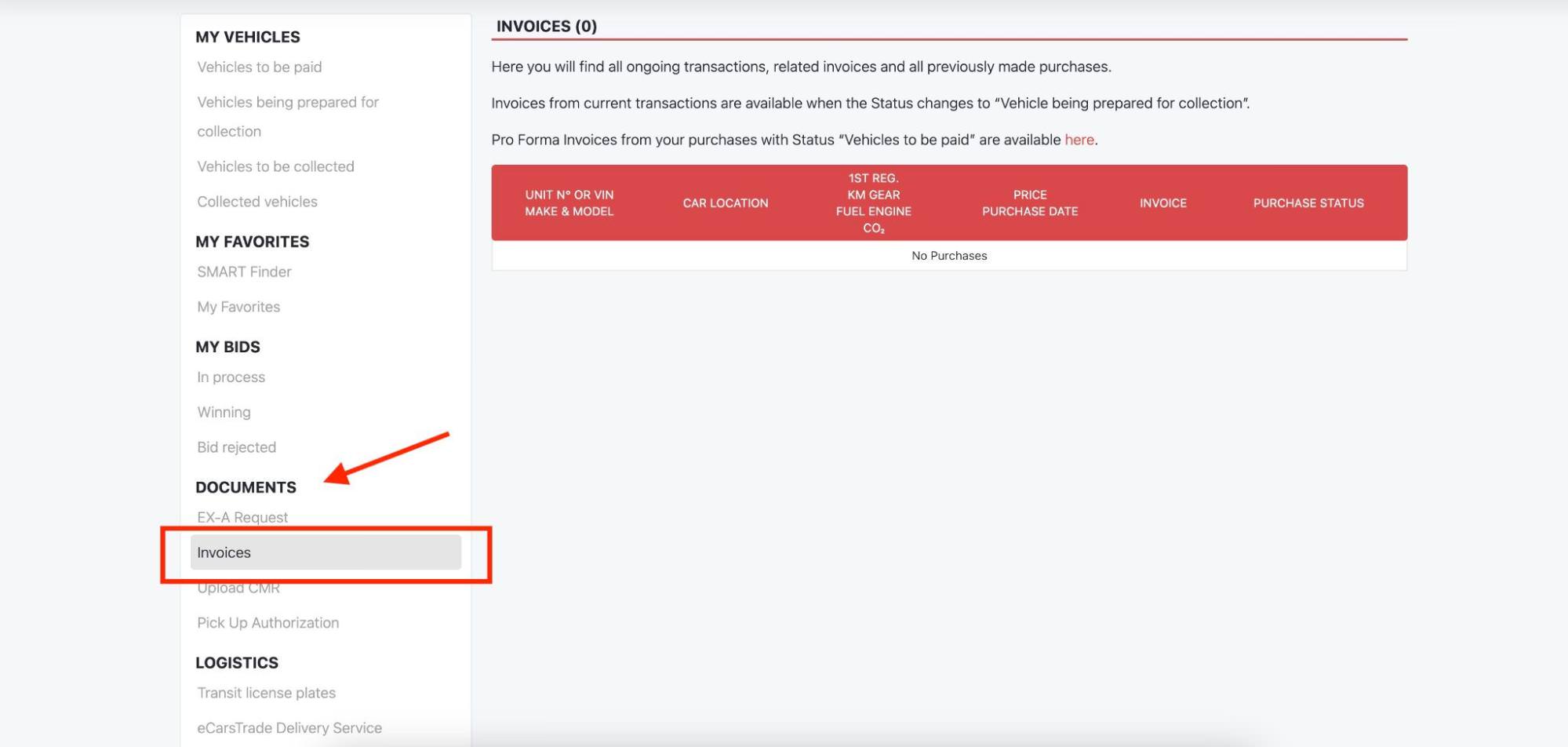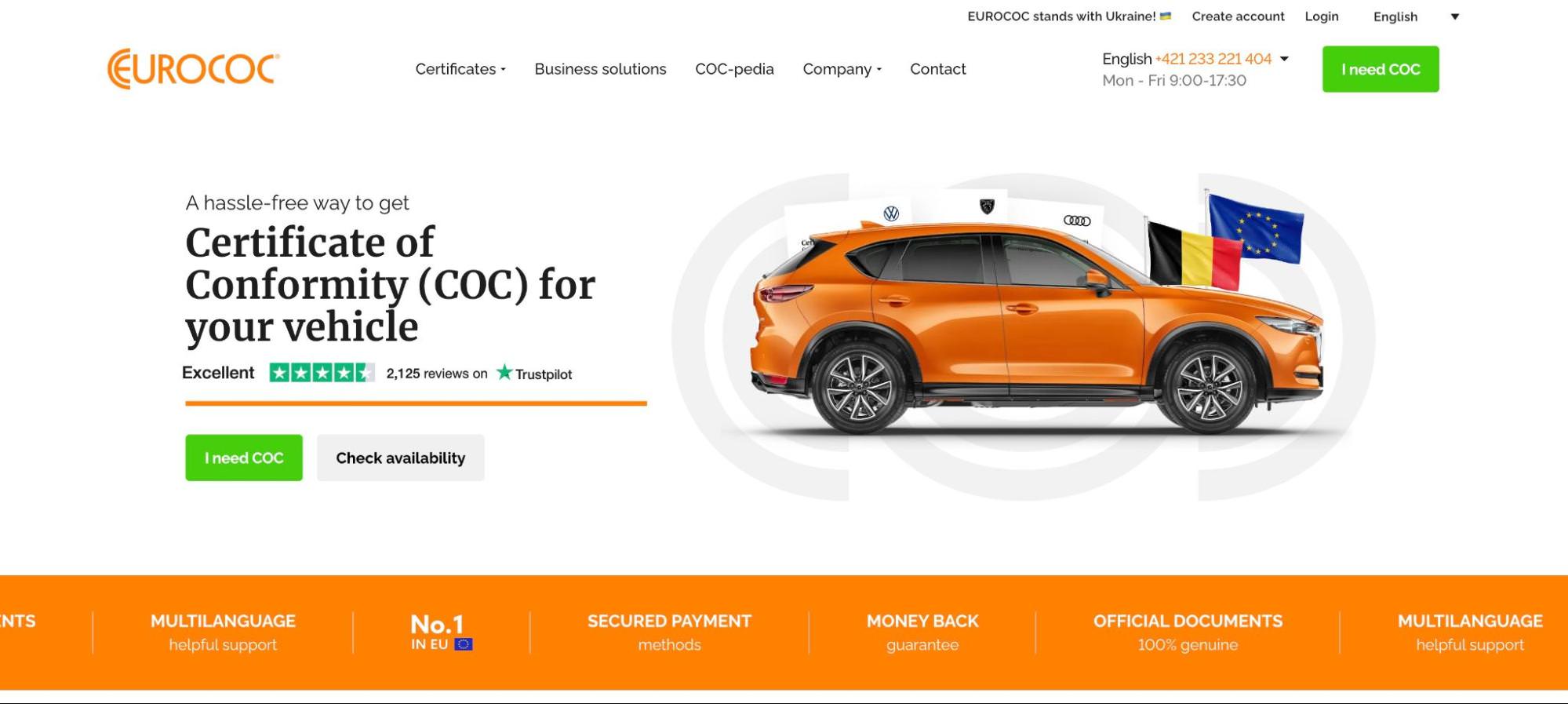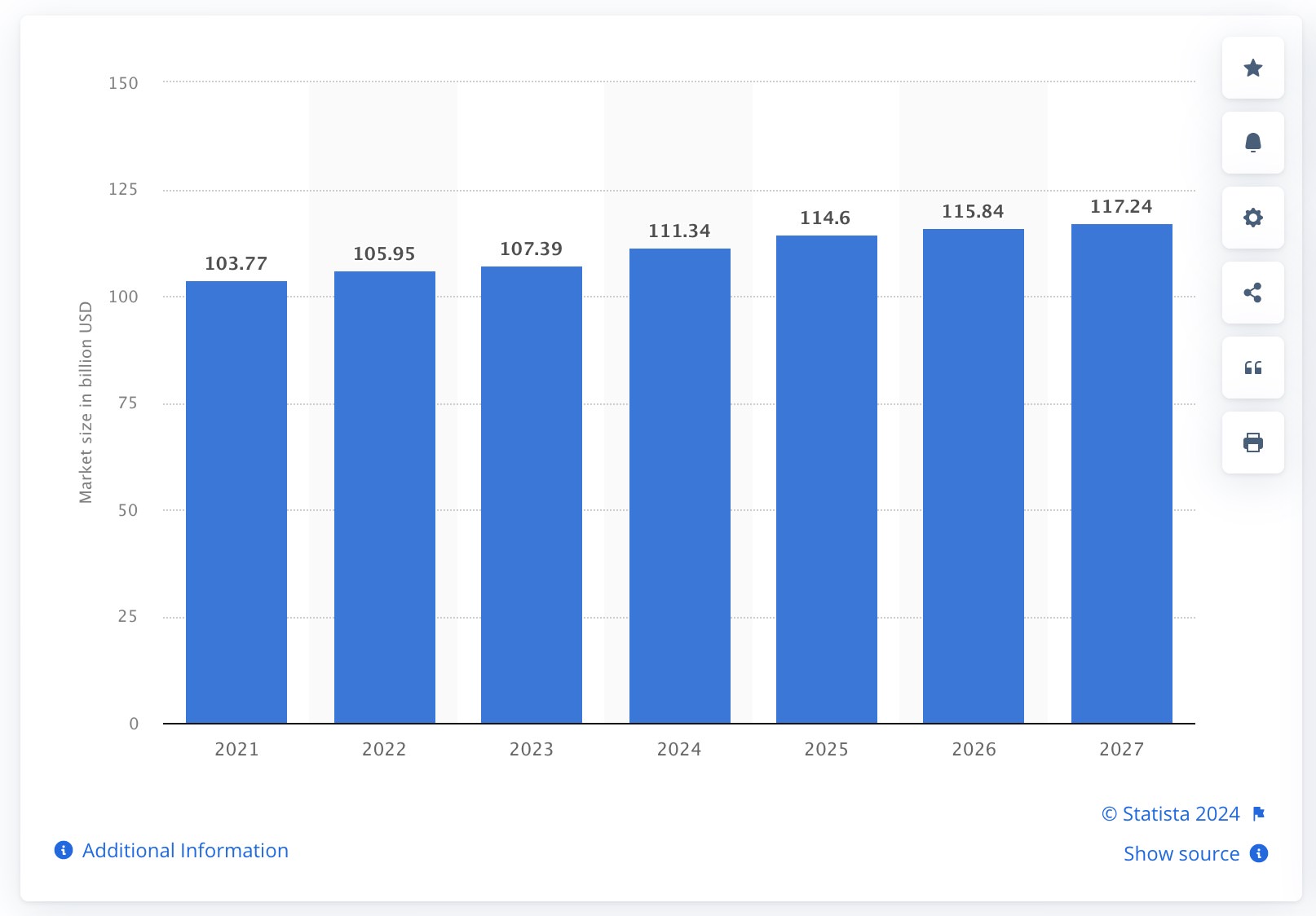- Blog
- How to Import a Car to Germany
How to Import a Car to Germany
Learn the process of importing a car from the EU to Germany as a car trader. Discover Germany's import regulations, required documentation, taxes, and a step-by-step guide.

Importing a car from the EU to Germany can be a profitable venture for car traders.
Understanding the German used car market, import regulations, and the required documentation is crucial for a successful import process as a car trader.
In this article, we'll guide you through the essential steps and provide valuable information to help you navigate the world of car importation in Germany.
Get to know the German used car market
The German used car market is one of the largest and most significant in Europe.
Germany's strong automotive industry and consumer demand for high-quality vehicles make it an attractive market for car traders looking to import and sell used cars.
The used car market in Germany has been steadily growing and is forecasted to continue growing to to 117.24 billion US dollars.
The most popular used car brands in Germany include Volkswagen, Mercedes-Benz, BMW, Audi, and Opel.
In terms of vehicle segments, compact cars and SUVs are among the most popular choices for German consumers. The Volkswagen Golf, Volkswagen Tiguan, and BMW 3 Series are some of the top-selling used car models in Germany.
When exploring the German used car market as a car trader, it's essential to consider regional preferences and market trends. Cities like Berlin, Hamburg, Munich, and Frankfurt are major hubs for used car sales, with a diverse range of buyers and preferences.
To succeed in the German used car market, car traders should focus on offering high-quality vehicles that meet German standards and cater to consumer preferences.
Which is exactly why you should consider sourcing your cars internationally.
Buying used vehicles from French auctions, Belgian or Dutch auctions allows you to expand your options and source high-quality cars that you wouldn’t manage to source locally.
Germany's import regulations
To import a car from the EU to Germany, car traders must adhere to Germany's import regulations. These regulations ensure that the imported vehicles meet the required standards and are suitable for use on German roads.
Key import regulations to be aware of include:
- Emissions standards: The vehicle should meet the current emissions standards in Germany, such as Euro 6 for newer cars.
- Roadworthiness: The car must be in a roadworthy condition and pass the necessary inspections.
Familiarizing yourself with German regulations will help you select suitable vehicles for import and ensure a smooth import process.
Documentation required for car import to Germany
As a car trader, you'll need to prepare specific documentation when importing a car to Germany.
-
Vehicle purchase invoice
A valid vehicle purchase invoice is essential when importing a car. This document serves as proof of ownership and is required for various import formalities.
You will find your purchase invoice on your Personal page on eCarsTrade.

-
Original registration papers
When importing a car from the EU to Germany, it's crucial to obtain the original registration papers. These papers come with every car on eCarsTrade.
Before you start the registration process, you will need to get an official translation of the registration papers by a licensed German translator.
-
Certificate of Conformity
The Certificate of Conformity (CoC) is a document that confirms the vehicle's compliance with EU safety and environmental standards. It is issued by the car manufacturer and is required for registering the imported vehicle in Germany.
Make sure to obtain a valid CoC from the seller or manufacturer before importing the car.
If the vehicle does not have a CoC, you can obtain it online via a service like EuroCOC.

-
TÜV certificate (Technical inspection)
The certificate is proof your car is roadworthy and compliant with German standards.
-
eVB Number (Electronic insurance confirmation)
In Germany, you must have insurance before you can register your vehicle. The law requires liability coverage as the minimum.
Once this has been done, you will receive your eVB number.
-
Proof of VAT and customs payment
As a car trader, you'll need to provide proof of VAT (Value Added Tax) payment and any other import taxes on the imported vehicle. This is essential for clearing customs and registering the car in Germany.
Customs fees can be paid through the German Customs online portal Zoll.
Taxes, fees, and VAT
The main taxes to consider when importing a car to Germany are:
- Value Added Tax (VAT): As a car trader, you'll need to pay VAT on the imported vehicle. The current VAT rate in Germany is 19%.
Cars on eCarsTrade are almost exclusively sold without VAT, which means you will have to declare and pay VAT in Germany.
- Import fees: Depending on the vehicle's origin and specifications, you may be subject to additional import duties.
- Vehicle registration tax: Upon registering the imported car in Germany, you'll need to pay a vehicle registration tax. The amount of this tax varies based on factors such as the vehicle's engine size, CO2 emissions, and fuel type.
Consult with a tax professional or Zoll to ensure accurate calculation and payment of taxes when importing a car.
Step-by-step process - from purchasing a car to importing it to Germany
Now that you have a better understanding of the German used car market, import regulations, required documentation, and applicable taxes, let's walk through the step-by-step process of importing a car from the EU to Germany.
1. Research and purchase
Begin by researching your country's used car market and identifying the types of vehicles that are in demand.
Consider factors such as popular brands, models, price ranges, and consumer preferences. Once you have a clear understanding of the market, select a vehicle on eCarsTrade that aligns with your inventory goals and target audience.
Participate in auctions, buy for fixed prices or choose a vehicle from Our Stock - the choice is yours!
2. Arrange transportation
Arrange the transportation of the vehicle to Germany. Once you purchase a car on eCarsTrade online auctions, the vehicle first needs to arrive to our parking in Belgium.
Choose a reliable transportation company and obtain the necessary transport documentation, such as the CMR document. Alternatively, let us organize the delivery of the vehicle straight to you in Germany.

3. Obtain a Certificate of Conformity
As we mentioned earlier, if the vehicle you purchased does not have a CoC, now is the time to arrange it.
You can either contact the brand of the vehicle or use an online service like EuroCOC.
Also, agencies in Germany that specialize in dealing with the import process of vehicles might be able to arrange a CoC for you.
4. Pay VAT + import duties
To clear your vehicle through German customs, you need to pay the VAT and any applicable customs duties via the online portal Zoll. The German VAT is 19% of the vehicle's value or purchase price.
In most cases, customs duties are 10% of the total cost, which includes the vehicle's purchase price and transportation expenses.
Additionally, the customs duties themselves are subject to the 19% German VAT.
5. Pass technical inspection
To register your vehicle in Germany, it is mandatory to have a comprehensive inspection performed by the TÜV (Technischer Überwachungsverein), which is the Technical Inspection Association.
You can schedule a technical inspection online at any authorized garage.
You can also find your nearest garage by searching for "Hauptuntersuchung" + your area.
During the technical inspection, your vehicle will also need to pass the vehicle safety test Hauptuntersuchung (HU) and the exhaust emissions test Abgasuntersuchung (AU).
6. Get an eVB number
After selecting an insurance provider and purchasing an insurance policy, they will send you an eVB number (elektronische Versicherungsbestätigung, which means electronic insurance confirmation) via email.
This number is required when registering your car with the authorities, along with your TÜV inspection certificate and vehicle tax form.
7. Register the car
If you are doing this entire bureaucratic process yourself, you will need to schedule an appointment at your nearest car registration office (Kraftfahrzeug-Zulassungsstelle).
When you go to register your vehicle, make sure to bring the following documents:
- Valid identification
- Registration certificate (Anmeldebescheinigung)
- Original car registration papers with a legal German translation
- eVB number
- Certificate of Conformity
- TÜV certificate
- SEPA direct debit mandate for vehicle tax payment
Your vehicle is now officially in the German vehicle registry, and you will receive a registration seal (Stempelplakette) for your license plates.
8. Get German license plates
After the last step is done, you need to get your new license plates printed in any specialized shop that offers this service.
9. Pay vehicle tax
As soon as your vehicle is registered, you will automatically be notified by the Zoll and asked to pay the vehicle tax.
Importing a Car to Germany - FAQ
► Can I import a car from any EU country to Germany?
Yes, as a car trader, you can import a car from any EU country to Germany, provided that the vehicle meets Germany's import regulations and standards.
► How long does the import process typically take?
The duration of the import process can vary depending on factors such as customs clearance, vehicle registration, and inspections. Used vehicles from Germany take up to 30 days to arrive to our premises in Belgium, and then you are free to pick them up with an official transport company or have us organize the delivery for you.
► Do I have to pay VAT on the imported vehicle?
If you’re purchasing a VAT-excluded vehicle on eCarsTrade, you will have to declare that VAT and pay it upon import in Germany.
► What happens if the imported vehicle does not meet Germany's standards?
If the imported vehicle does not meet Germany's standards or fails to comply with import regulations, it may be subject to additional inspections, modifications, or even rejection. It's crucial to thoroughly verify the vehicle's compliance before importing it to avoid such complications.

All you need to know about car import to Germany
Importing a car from the EU to Germany as a car trader requires careful planning, research, and adherence to import regulations and tax requirements.
By understanding the process, preparing the necessary documentation, and staying compliant, car traders can successfully navigate the import process and expand their business in the German used car market.
eCarsTrade offers online auto auctions of ex-lease vehicles from France, Belgium, The Netherlands and Germany, with a complete maintenance history. We guarantee high quality of our vehicles, and a fast, simple and transparent purchasing process with fixed commission costs. We work with both European and international used car dealers and traders. Your dedicated Account manager is your personal support for any questions or issues!
BROWSE CARS


